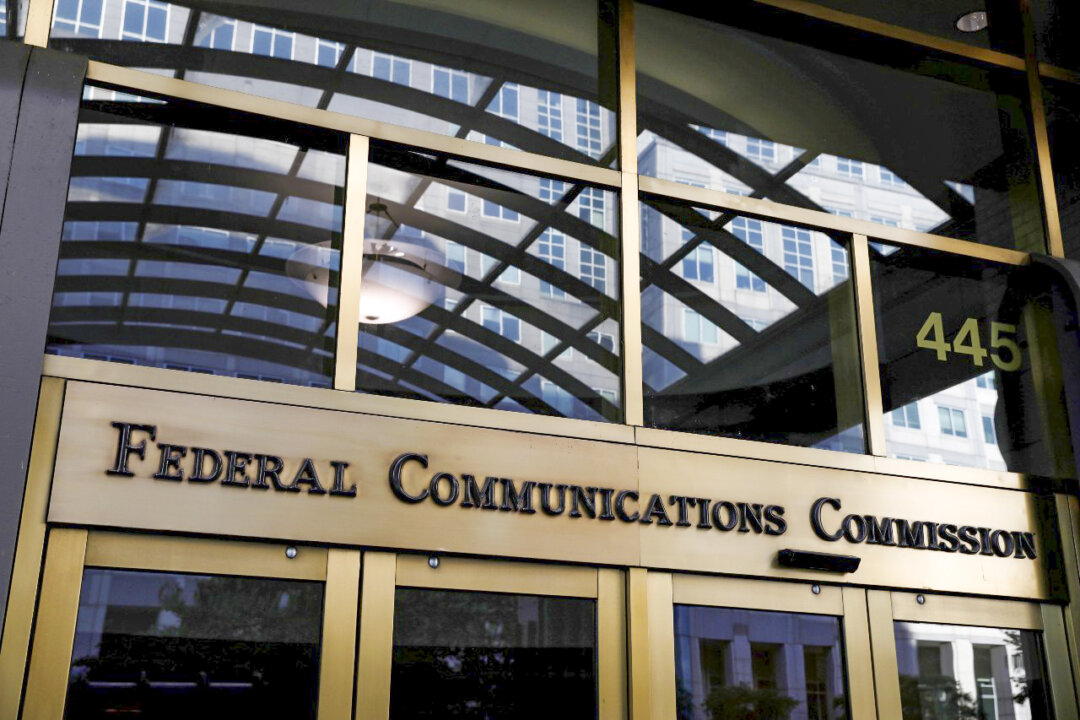FCC Proposes Rule to Identify Foreign Adversary Ownership in US Communications
FCC licensees would have to disclose ties to China, Cuba, Iran, North Korea, Russia, or Venezuelan President Nicolás Maduro.

FCC licensees would have to disclose ties to China, Cuba, Iran, North Korea, Russia, or Venezuelan President Nicolás Maduro.
The Federal Communications Commission has proposed a rule aimed at exposing any communications license or authorization held by entities controlled by a foreign adversary.
The four-member commission voted unanimously on May 22 to issue the Notice of Proposed Rulemaking, released to the public on May 27.
Under the plan, carriers, broadcasters, satellite operators, spectrum lessees, test labs, antenna owners, and other FCC-regulated entities would have to certify whether a foreign adversary—defined as China, Cuba, Iran, North Korea, Russia, or Venezuelan President Nicolás Maduro—owns, controls, or directs them.
The agency said the resulting disclosures would give regulators and the public “a new and comprehensive view of threats from foreign adversaries” inside U.S. networks.
“The U.S. Government has long recognized that foreign adversaries have been engaged in a widespread and coordinated effort to exploit, attack, and otherwise compromise the integrity of U.S. communications networks,” an FCC announcement of the rule stated.
The notice builds on earlier FCC efforts such as a ban on gear from Chinese tech companies such as Huawei and ZTE, the revocation of authorizations held by China Telecom and other state-linked carriers, and the creation of a Council for National Security in March.
The council was created to “leverage the full range of the Commission’s regulatory, investigatory, and enforcement authorities to protect Americans and counter foreign adversaries, particularly the threats posed by China and the Chinese Communist Party,” according to the agency.
FCC Chairman Brendan Carr said that visibility is essential.
“Sunlight is the best disinfectant,” he wrote, noting that current collections leave “gaps” that mask how Beijing and others might exert control.
“Foreign adversaries like China are engaged in a multi-pronged effort to identify and exploit any vulnerabilities in our communications infrastructure,” Carr wrote in a statement.
“For our national security strategy to succeed, we must identify risks before they can be exploited,“ he added. ”But up to now, the FCC and relevant stakeholders have had limited visibility into the ways that foreign adversaries might exert control over the entities we regulate.”
Congress is considering a similar mandate as the House passed the bipartisan Foreign Adversary Communications Transparency Act in April, and the Senate Commerce Committee advanced companion legislation last month, something Carr praised in his statement.
Any entity with more than 10 percent voting or equity held by an adversary—or otherwise “subject to the jurisdiction or direction” of one—would have to report those details.
The obligation would extend to wireless and satellite operators, amateur radio licensees, antenna structure registrants, spectrum lessees, and frequency coordinators. Operations licensed by rule, such as most unlicensed devices, would be exempt.
Limiting filings to adversary nations, the commission said, would “avoid needless burden” while still guarding national security.
The notice seeks input on definitions, reporting thresholds, and implementation. After reviewing the record, the FCC could impose recurring disclosures and publish a searchable database.






















